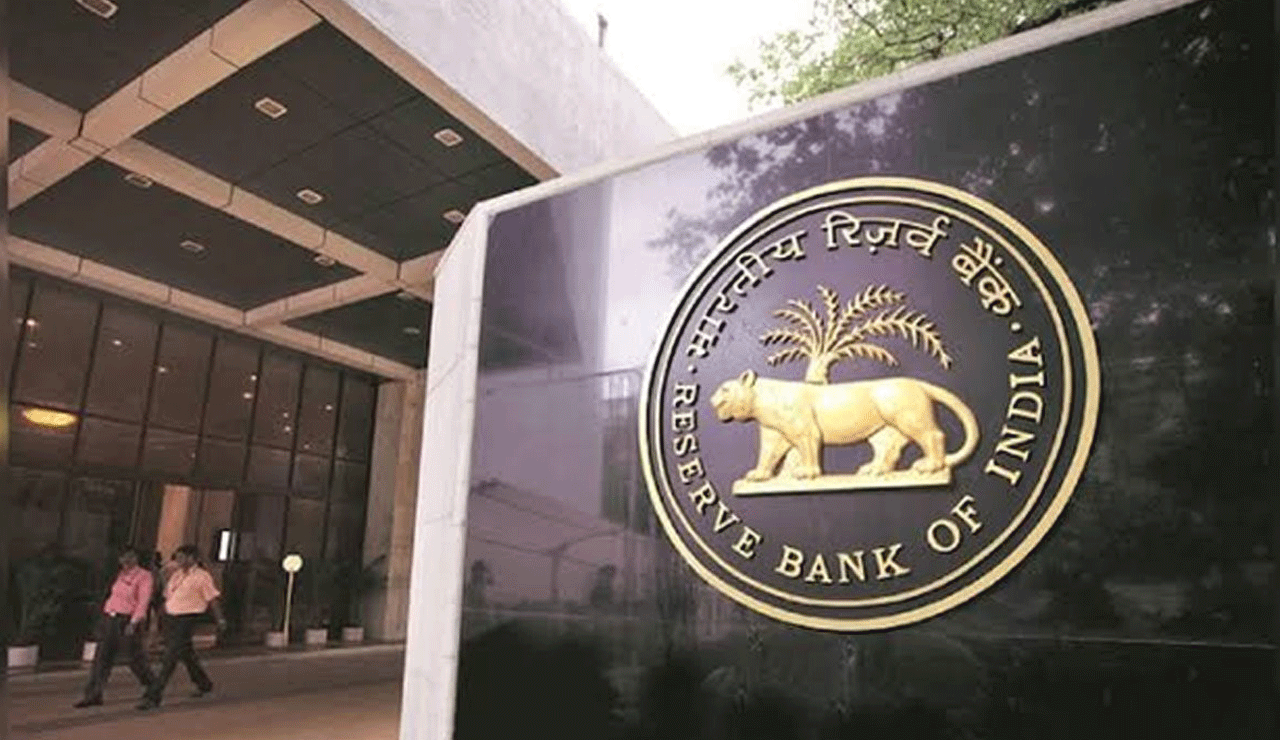RBI Releases List of Safest Banks in India: SBI Tops the Chart
In an era where financial frauds and bank failures are becoming more common, the Reserve Bank of India (RBI) has stepped in to reassure customers by releasing a list of the 10 safest banks in India.

In an era where financial frauds and bank failures are becoming more common, the Reserve Bank of India (RBI) has stepped in to reassure customers by releasing a list of the 10 safest banks in India. These banks are classified as D-SIBs (Domestic Systemically Important Banks), meaning they are “too big to fail” and have strong backing and oversight from the RBI.
Table of Contents
Why This Matters: Protecting Your Life Savings
With rising cases of financial scams and bank closures, many people are concerned about the safety of their savings. Often, customers fall into the trap of credit unions or shady financial institutions offering high returns, only to face massive losses later.
Also Read: Cow Dung Clash: DUSU President Strikes Back at Lakshmibai College Principal
In such a scenario, knowing which banks are most secure becomes crucial. The D-SIB classification helps identify institutions that are financially robust, well-managed, and essential to the country’s economy.
Top 10 Safest Banks in India as Per RBI
According to the RBI’s latest report, these are the top ten banks classified as the safest in India:
- State Bank of India (SBI) – The largest and most trusted public sector bank in India.
- HDFC Bank – Known for its digital banking, customer service, and strong financials.
- ICICI Bank – A private sector leader with a wide presence and strong balance sheet.
- Axis Bank
- Kotak Mahindra Bank
- Bank of Baroda
- Punjab National Bank (PNB)
- Canara Bank
- Union Bank of India
- Bank of India
These banks have been deemed capable of withstanding financial stress and are under tight regulatory supervision by the RBI.
What Is a D-SIB and Why Is It Important?
D-SIBs or Domestic Systemically Important Banks are those banks whose failure could disrupt the financial system of the country. Hence, they are subjected to additional regulatory scrutiny. They are required to maintain extra capital buffers, ensuring they stay strong even in economic downturns.
Being on the D-SIB list implies:
- Strong financial health
- Higher regulatory oversight
- Lower risk of bankruptcy
- Safe and stable for long-term deposits
How to Choose the Right Bank for Your Savings?
While attractive interest rates can be tempting, it’s important to prioritize safety over returns. Here’s what you should check before depositing your money:
- RBI registration and approval
- DICGC insurance coverage (up to ₹5 lakh)
- Public or private sector reputation
- Online reviews and customer feedback
- Branch and ATM network
Final Thoughts: Trust the Safest, Not the Highest
In uncertain financial times, knowing where your money is safe is more important than chasing high returns. With RBI’s list of top 10 safest banks in India, you can now make informed decisions and avoid risky financial traps.
